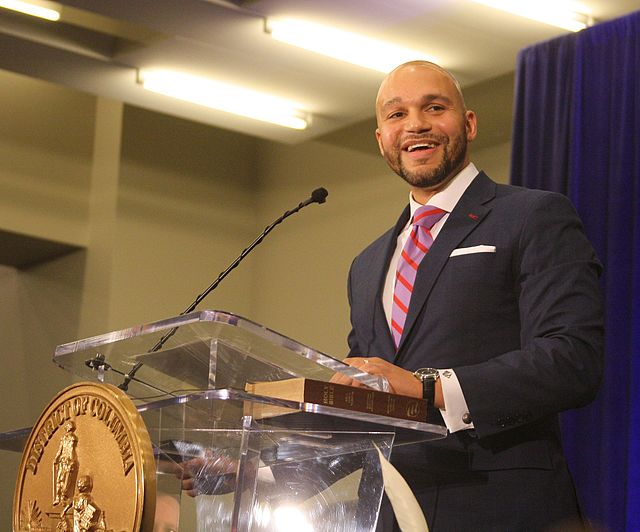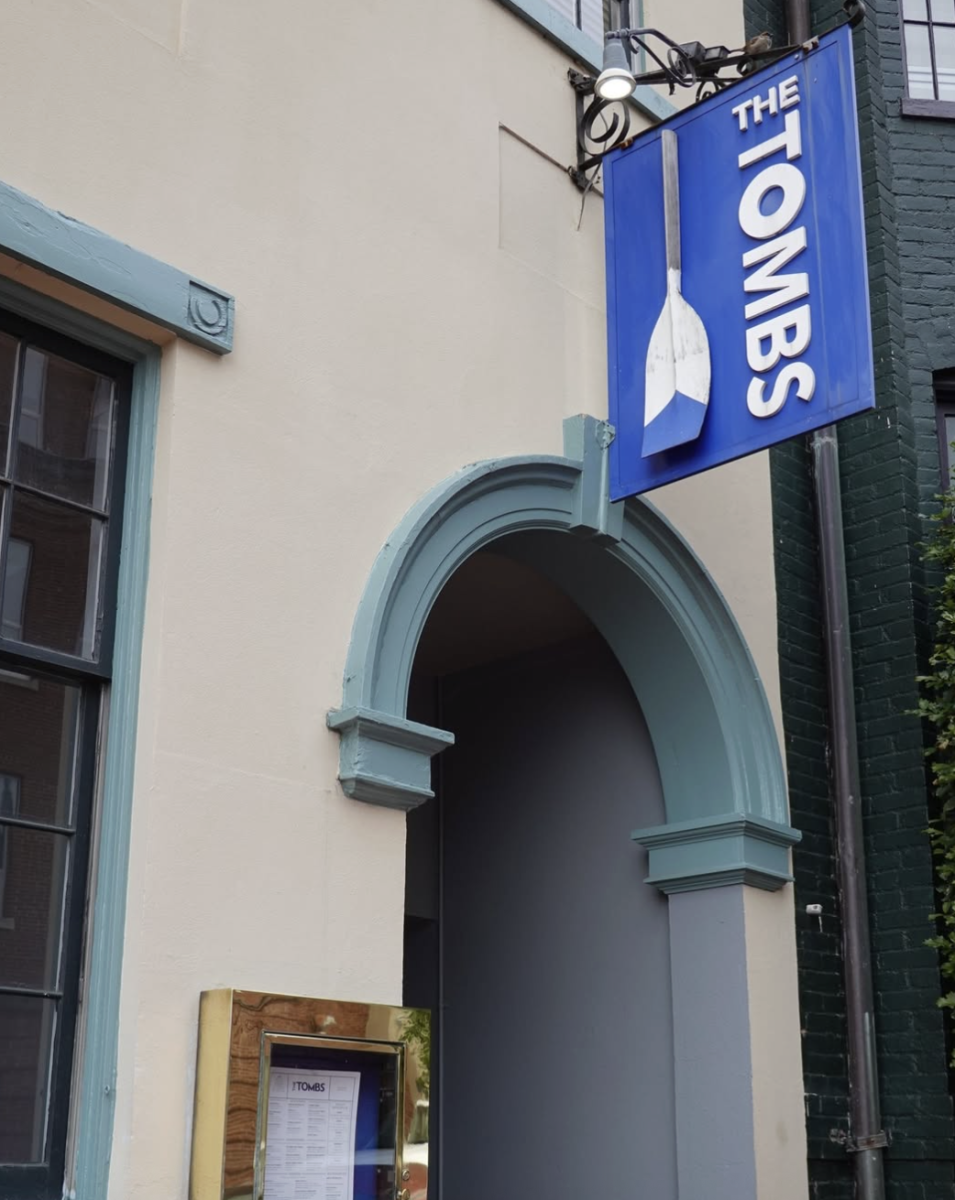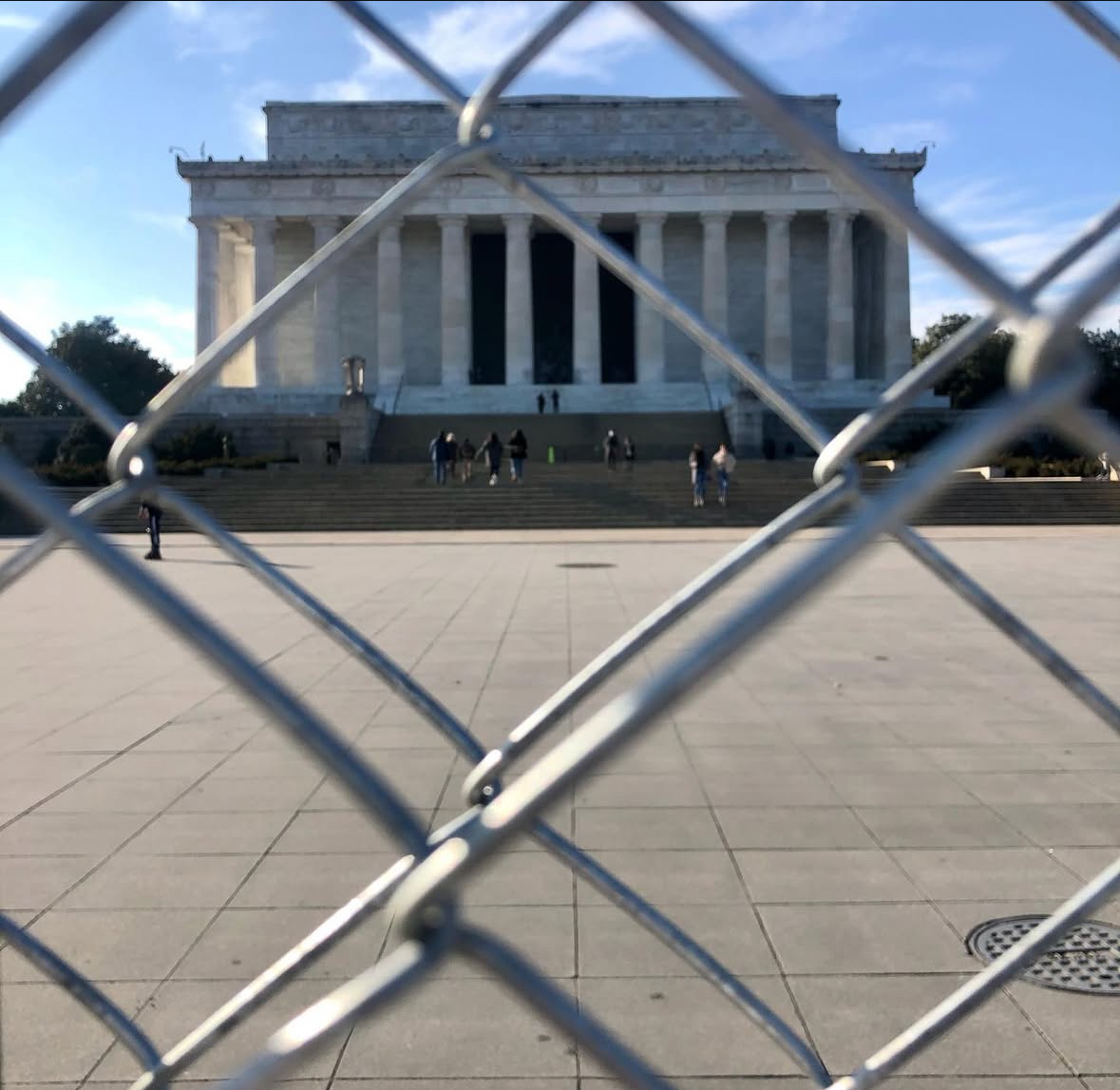The Washington, D.C. attorney general filed a lawsuit against a Georgetown University graduate and founder of local anti-police brutality nonprofit Raheem AI for allegedly misusing more than $75,000 of charitable funds and violating labor laws Nov. 25.
Attorney General Brian Schwalb is suing both the organization and its founder, Brandon Anderson (CAS ’15), for reportedly diverting over $75,000 of the nonprofit’s funds to finance personal expenses, which included luxury vacation rental services, a Cancun resort stay, designer clothing and emergency veterinary care. The charges also involve Raheem AI’s failure to pay tens of thousands of dollars in back pay to its Deputy Director Jasmine Banks, who was then forced to sign an illegal non-compete clause.
The lawsuit aims to dissolve Raheem AI as a nonprofit, compensate Banks with damages and back pay, prohibit Anderson from leading any other D.C. nonprofit, recover the fraudulently used funds and redirect those funds to other charities and nonprofit organizations.

In a written statement to The New York Times, Anderson said he takes most of the blame for the failure of Raheem AI, but believes there is a lack of context to the charges.
“It’s easy to assign failure to one cause or another in hindsight, and individual expenditures are easy to mischaracterize without the burden of context,” Anderson said in the statement. “The bottom line is simply that it didn’t work, and as the leader of that effort I share most of the blame.”
In a press release, Schwalb said that he condemns the corruption within Raheem AI and its failure to comply with nonprofit and workers’ rights laws.
“Brandon Anderson misused charitable donations to fund lavish vacations and shopping sprees, and the Raheem AI Board of Directors let him get away with it,” Schwalb said. “Not only did their financial abuses violate fundamental principles of nonprofit governance, but Anderson and Raheem AI failed to pay their employee the wages they had earned.”
Raheem AI collects crowdsourced data on local police performance and interactions, aiming to make it easier for residents to report police misconduct and uses it to publish reports on the efficacy of police services in particular areas. However, the software was unsuccessful due to logistical reasons, as not all police departments accept complaints online.
Anderson, a tech entrepreneur and Georgetown graduate, founded Raheem AI in honor of his life partner, Raheem X, who was killed by an Oklahoma police officer in 2007 during a routine traffic stop. In his view, the absence of official complaints against police officers is a contributing factor to the persistence of police brutality. However, reports about Raheem X claim that he may not have existed, discovering no records of his specific identity.
After the murder of George Floyd in 2020, which brought international attention to police brutality against people of color, Raheem AI received $4.3 million in donations from those passionate about criminal justice reform.
Sam Chang (SFS ’26) said he is concerned about corruption within the progressive movement and its impact on the credibility of progressive organizations, including past perceptions of Black Lives Matter (BLM), a social movement against police brutality and systemic racism.
“It reminds me of how a lot of people saw BLM, like how the BLM president used the organization’s donations to buy a mansion,” Chang told The Hoya. “It’s really unfortunate. I think it reinforces a lot of people’s, like independents or Republicans or whatever you call them, thoughts against leftist causes.”
Yunji Yun (CAS ’26) said she was disappointed by the disparity between Raheem AI’s mission and its impact.
“It’s just disappointing because in D.C., there’s so many nonprofits and progressive organizations that try to fundraise for a good cause, so when you hear something like this, it’s kind of defeating,” Yun told The Hoya. “It feels defeating to think that even though there are efforts, there are still setbacks within the progressive organizations that aim to help the general public.”
Chang said the co-opting of leftist causes by corrupt individuals makes it difficult for the progressive movement to achieve collective progress.
“People who are actually invested or who authentically care about these issues like police brutality, their overall mission is thwarted because of this corruption. I think it just sucks overall,” Chang said. “I think for the next 5 or 10 years, if nothing really gets done about this, then we will just see most likely a progressive movement that is weakened and being weakened almost every day.”







